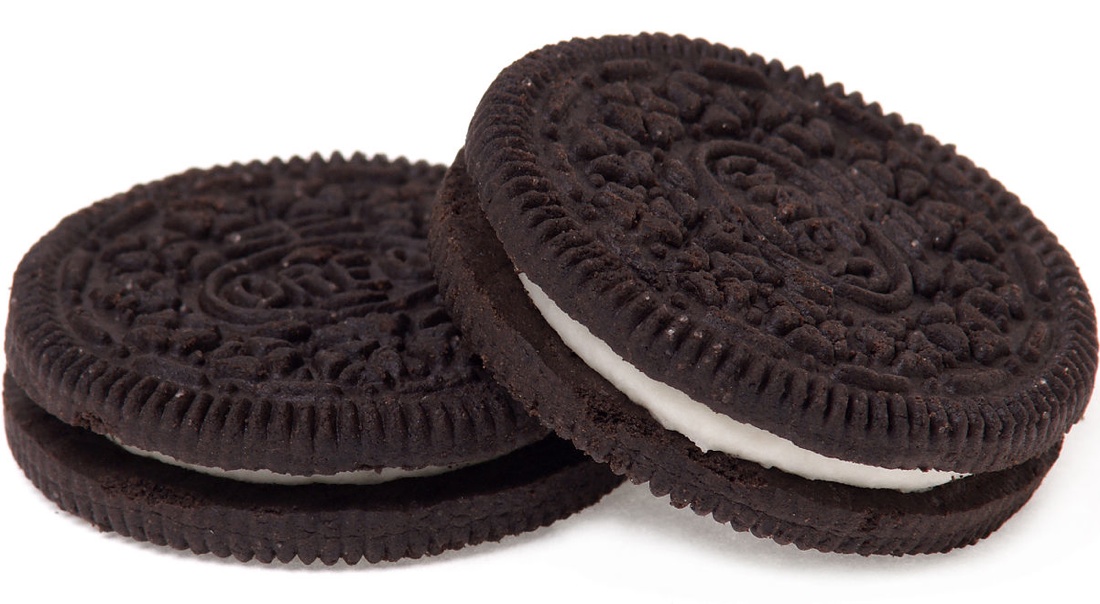Oreos As Addictive as Cocaine? Not So Fast

Oreos as addictive as cocaine? A new study purports to draw a link, but don't check into a treatment center for your Double Stuf addiction just yet.
Following a Connecticut College press release on an undergraduate student research project, a number of headlines have blared warnings such as "Oreos May Be As Addictive As Cocaine" (TIME) and "College study finds Oreo cookies are as addictive as drugs" (Fox News). The research behind the headlines is not quite so certain, however.
According to Connecticut College, student researchers put rats in a maze with two sides. On one side, the rats were rewarded for traversing the maze with delicious, sugary Oreos. On the other side, they got bland and boring rice cakes. The students then measured how long the rats spent on either side of the maze. [7 Foods You Can Overdose On]
Unsurprisingly, the Oreos were more popular than the rice cakes. The students then conducted the same experiment, except this time the reward at the end of one side of the maze was a shot of morphine or cocaine. On the other side, it was a shot of saline.
The results revealed that rats given the choice between Oreos and rice cakes spent as much time on the Oreo side of the maze as the rats given the choice between cocaine and saline did on the cocaine side. But that doesn't mean the Oreos were as addictive.
"The study performed cannot determine whether Oreos are as addictive as cocaine," said Edythe London, a researcher at the University of California, Los Angeles, who uses brain imaging to study the neural basis of drug cravings. "That question is best addressed in a comparison of how hard a rat will work for Oreos versus cocaine — how many times a rat will press a lever to get one or the other."
The students also measured the expression of a protein called c-Fos, which indicates brain cell activity, in the nucleus accumbens of rats exposed to Oreos or cocaine. This brain region is important for pleasure and positive reinforcement and is involved in addiction because of the pleasurable feelings brought on by drugs.
Get the world’s most fascinating discoveries delivered straight to your inbox.
The rats' nucleus accumbens activated more strongly with the stimulus of Oreos than the stimulus of cocaine, but those findings don't prove anything about the addictive potential of the cookies, either, London told LiveScience.
The study is "consistent with the fact that Oreos produce pleasure — but we knew that," London said.
The question of whether foods can be addictive is yet unresolved. The desire to binge on sugary or fat-laden foods shares some parallels in the brain as the need for drugs. For example, rats fed junk food and then given a normal, healthy diet show brain changes similar to those seen in drug addicts trying to kick a habit, according to a 2012 study. And research published in 2010 in the Journal of Neuroscience suggests just as a junkie needs more and more heroin to feel satisfied, so too do overeaters need more sugar and fat as they grow accustomed to an unhealthy diet.
But not everyone is convinced that food can create addiction.
"We are biologically wired to respond to certain tastes, textures and colors, but that doesn't mean it's an addiction," Gabriel Harris, an assistant professor of food science at North Carolina State University in Raleigh, told LiveScience in March.
Other factors, such as government subsidies that make junk food cheap, may be more to blame for expanding American waistlines than an outbreak of food addiction, researchers say.
"More is needed to say that Oreos are as addictive as cocaine or addictive at all," London said.
Follow Stephanie Pappas on Twitter and Google+. Follow us @livescience, Facebook & Google+. Original article on LiveScience.

Stephanie Pappas is a contributing writer for Live Science, covering topics ranging from geoscience to archaeology to the human brain and behavior. She was previously a senior writer for Live Science but is now a freelancer based in Denver, Colorado, and regularly contributes to Scientific American and The Monitor, the monthly magazine of the American Psychological Association. Stephanie received a bachelor's degree in psychology from the University of South Carolina and a graduate certificate in science communication from the University of California, Santa Cruz.
 Live Science Plus
Live Science Plus





